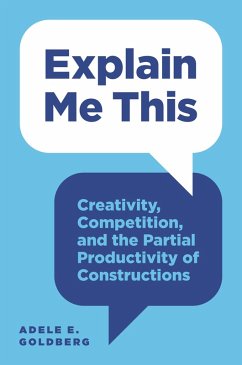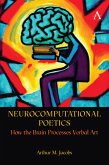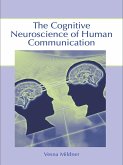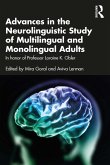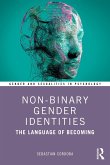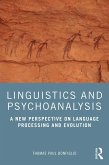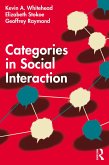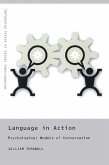Why our use of language is highly creative yet also constrained
We use words and phrases creatively to express ourselves in ever-changing contexts, readily extending language constructions in new ways. Yet native speakers also implicitly know when a creative and easily interpretable formulation-such as "Explain me this" or "She considered to go"-doesn't sound quite right. In this incisive book, Adele Goldberg explores how these creative but constrained language skills emerge from a combination of general cognitive mechanisms and experience.
Shedding critical light on an enduring linguistic paradox, Goldberg demonstrates how words and abstract constructions are generalized and constrained in the same ways. When learning language, we record partially abstracted tokens of language within the high-dimensional conceptual space that is used when we speak or listen. Our implicit knowledge of language includes dimensions related to form, function, and social context. At the same time, abstract memory traces of linguistic usage-events cluster together on a subset of dimensions, with overlapping aspects strengthened via repetition. In this way, dynamic categories that correspond to words and abstract constructions emerge from partially overlapping memory traces, and as a result, distinct words and constructions compete with one another each time we select them to express our intended messages.
While much of the research on this puzzle has favored semantic or functional explanations over statistical ones, Goldberg's approach stresses that both the functional and statistical aspects of constructions emerge from the same learning mechanisms.
We use words and phrases creatively to express ourselves in ever-changing contexts, readily extending language constructions in new ways. Yet native speakers also implicitly know when a creative and easily interpretable formulation-such as "Explain me this" or "She considered to go"-doesn't sound quite right. In this incisive book, Adele Goldberg explores how these creative but constrained language skills emerge from a combination of general cognitive mechanisms and experience.
Shedding critical light on an enduring linguistic paradox, Goldberg demonstrates how words and abstract constructions are generalized and constrained in the same ways. When learning language, we record partially abstracted tokens of language within the high-dimensional conceptual space that is used when we speak or listen. Our implicit knowledge of language includes dimensions related to form, function, and social context. At the same time, abstract memory traces of linguistic usage-events cluster together on a subset of dimensions, with overlapping aspects strengthened via repetition. In this way, dynamic categories that correspond to words and abstract constructions emerge from partially overlapping memory traces, and as a result, distinct words and constructions compete with one another each time we select them to express our intended messages.
While much of the research on this puzzle has favored semantic or functional explanations over statistical ones, Goldberg's approach stresses that both the functional and statistical aspects of constructions emerge from the same learning mechanisms.
Dieser Download kann aus rechtlichen Gründen nur mit Rechnungsadresse in A, D ausgeliefert werden.

